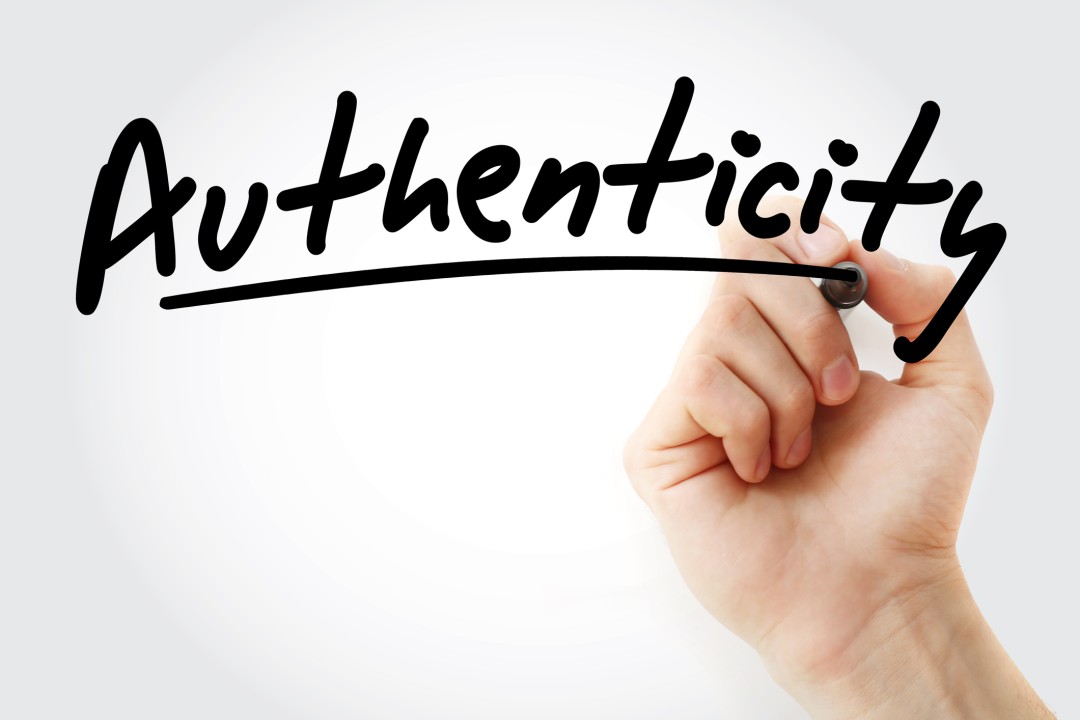By Laurie Schloff, Senior Coaching Partner
There’s nothing wrong with introspection – some of the time. Most of us fall somewhere on the shyness spectrum, ranging from folks who are quiet by choice (or because they’re afraid of expressing themselves) to people who are reflective and choose to use their words sparingly. Wherever you fit on the shyness spectrum, you will probably benefit from learning outgoing behaviors and practicing a more forthcoming communication style. Here are five reasons to say goodbye to shy:
1. More opportunities. People who are shy tend to be less successful professionally than their more gregarious counterparts. There’s a strong association between possessing good communication skills (that is, expressing ideas clearly, showing support and concern for others, coming across well in interviews) and upward mobility. In these tough economic times, it’s even more critical to have an edge on getting (or keeping) a job offer or the chance for a promotion. And, for freelancers, better communication skills can keep those assignments coming your way.
2. You’ll feel better. People who have positive interpersonal relationships at work and outside of work are healthier and enjoy a better quality of life. The more you deepen your connection to others, through talking and nonverbal communication, the more you’ll have a sense of well being. You don’t necessarily have to maintain an active social life with lots of partying, if that’s not your preference – but several key relationships will be good for you, in the long run, even if developing those connections cause you stress in the short term.
3. Feelings of mastery. Learning skills for overcoming shyness and being a good conversationalist adds to the toolbox that you can use anywhere, anytime. These tools include skills in initiating conversations, continuing conversations, ending conversations, networking, contributing to a conversation, and showing an interest in others. You can pull out these tools, as you require them, to be a better manager, employee, or friend. Once you’ve mastered these social skills, you can use them, and reuse them, in different ways throughout your life.
4. You deserve to be noticed. The speaking wheel gets the grease, and the wallflower stands alone. Just because you’re a quieter person, why should you be denied the goodies that some of the more talkative people get? Leave shyness behind, and people will be more interested in talking to you, they’ll seek you out for business networking, and you’ll be noticed in terms of attracting friends and potentially a mate. And that’s just the beginning!
5. You’ll be better appreciated. Shyness too frequently is misinterpreted as arrogance or snobbishness. Having a friendly and open facial expression, including smiling, is the most important ingredient in being seen as approachable and likeable. Everyone, whether shy or not, wants to be liked. Take a shot at it. Sometimes, all it takes is changing your countenance to change people’s response to you – and to open the door to meaningful connections.
It may require effort to leave your shyness behind, but the rewards are instantaneous. If you walk down the street and smile, 9 times out of ten, you’ll receive a smile in return. This signals that you’re on your way to becoming a friendly and approachable person – and it’s as easy as taking that first step and putting a smile on your face.



